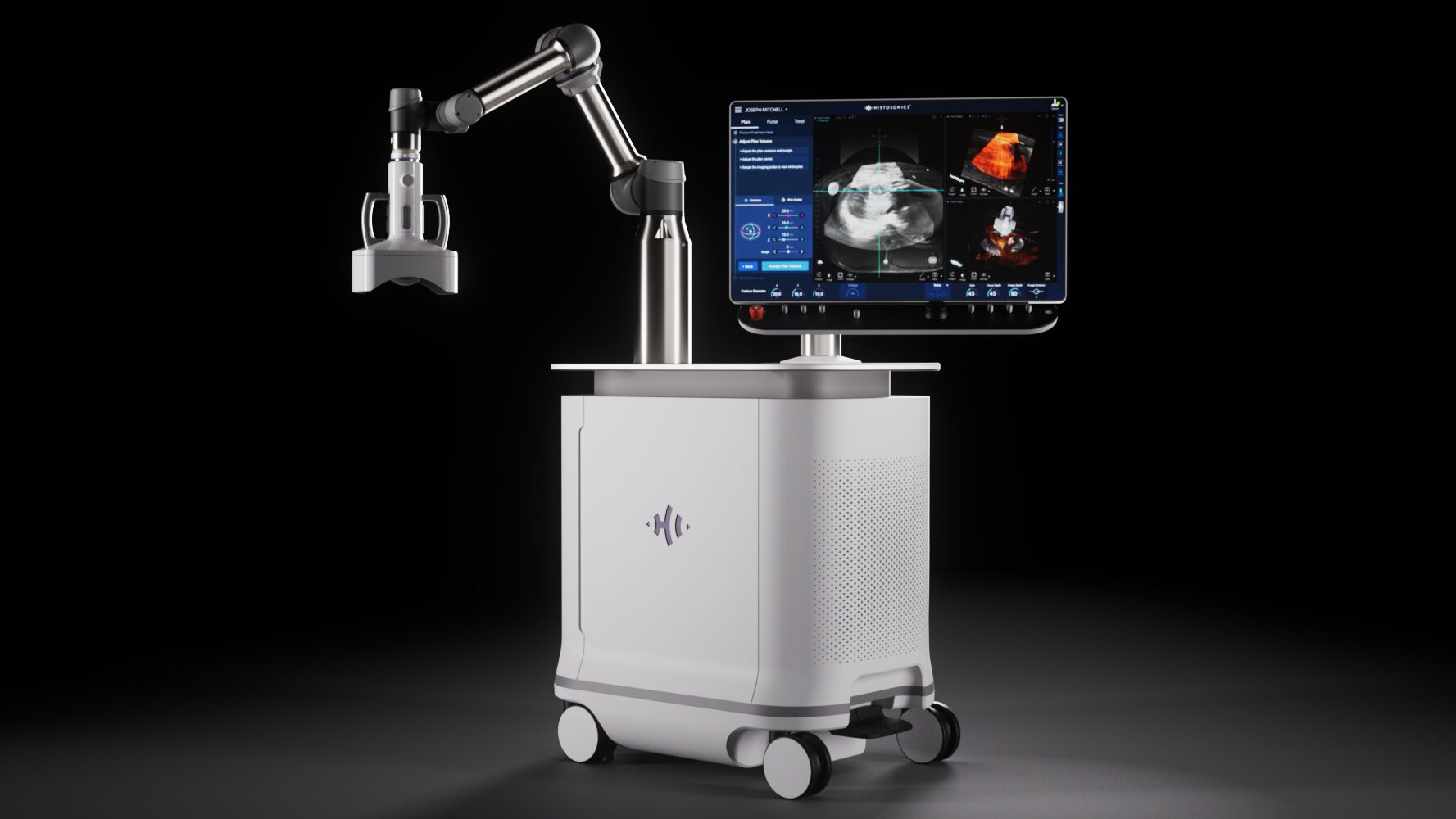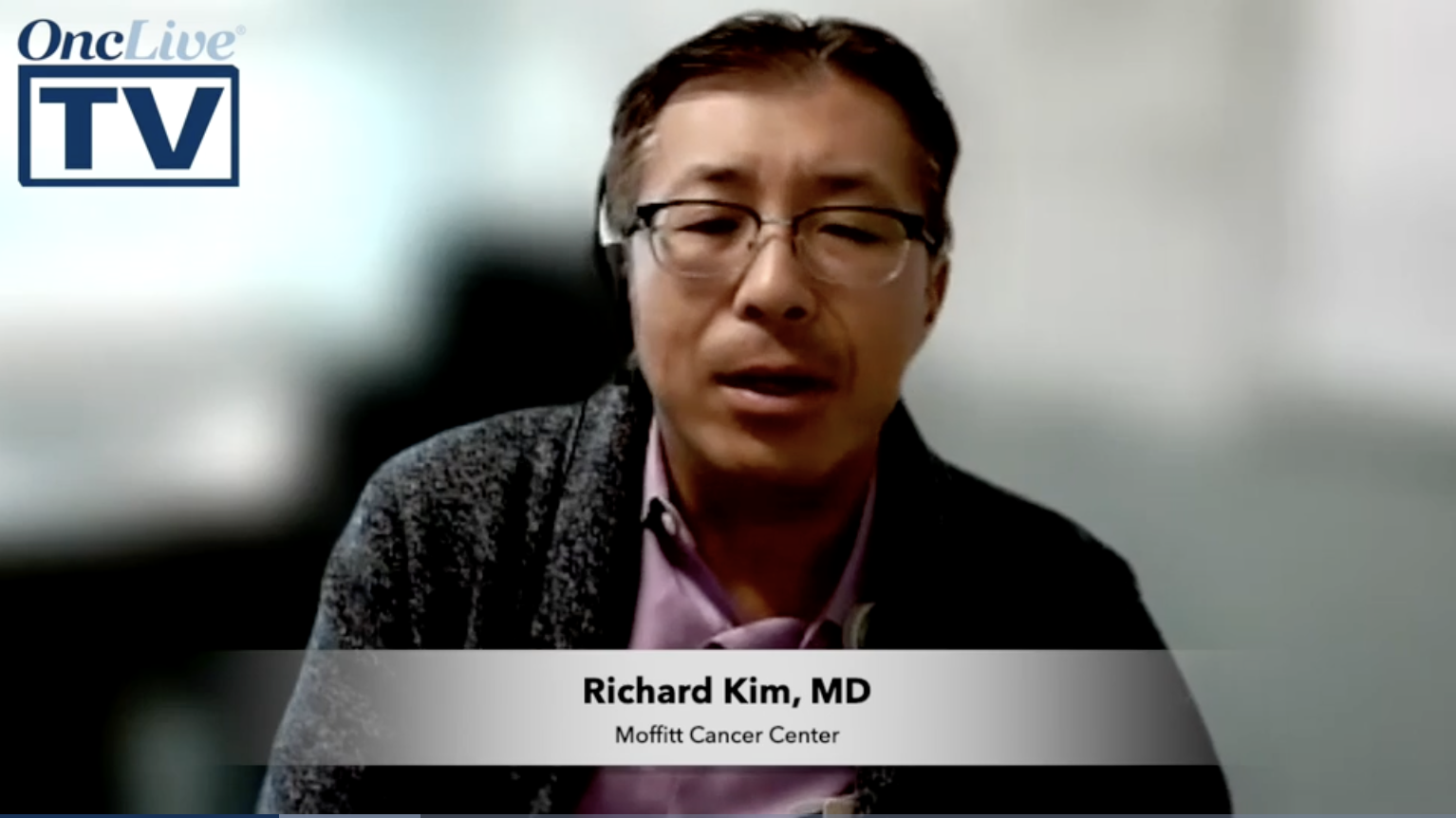
New Technique Uses Microscopic Bubbles to Blast Cancer
This new ultrasound transducer allows doctors to precisely hone in on the tumor and release thousands of sonic energy pulses. The ultrasound pulses then use the body’s natural tissue gasses to create microbubbles that break-up liver cancer tumors. Currently, the Edison Histotripsy System is only being used on patients with certain types of tumors; however, doctors aim to use this non-invasive device for the treatment of gastrointestinal and abdominal cancers in the years to come.
AstraZeneca’s EMERALD-1 Phase III Trial Shows Improved Clinical Outcomes
Transarterial chemoembolization (TACE) has been a common treatment option for patients experiencing hepatocellular carcinoma (HCC). This procedure restricts blood supply to the tumor and allows other forms of treatment, such as chemotherapy and radiation therapy, to be administered directly to the liver. Although TACE is common, patients can experience disease progression or recurrence in less than a year. In a phase III clinical trial that attempts to improve these outcomes, AstraZeneca’s IMFINZI® (durvalumab) in combination with TACE and bevacizumab demonstrated a statistically significant and clinical improvement in the progression-free survival compared to TACE alone.
Liver Cancer Rates Increase In Mexican Americans
Over the last forty years, liver cancer rates in the United States have tripled, with third-generation Mexican Americans being 66% more susceptible to developing liver cancer compared to their first-generation counterparts. The National Cancer Institute has provided funding to USC’s Keck School of Medicine to investigate the growing disparities among Mexican Americans and their increased risk of liver cancer. Studies have identified risk factors like obesity, diabetes, excessive alcohol consumption, and smoking as contributing to this concerning trend.
TriSalus Developing Novel Therapeutic Solutions for Liver and Pancreatic Tumors
Chemoembolization, radioembolization, and immunotherapy are critical treatments for the cure of liver cancer, however, a persistent barrier to these treatments has been intratumoral pressure, which limits the delivery of treatment. To combat this obstacle, TriSalus launched the TriNav Infusion System to be used in patients with hepatocellular carcinoma and colorectal cancer. This unique drug delivery technology is intended to open and close with the patient’s cardiac system, allowing increased medication delivery to the targeted tumor.
Dr. Kim on Ongoing and Planned Research in HCC at Moffitt Cancer Center
Global Liver Institute’s Liver Cancer Council member, Dr. Richard Kim, explained how Moffitt Cancer Center is at the forefront of using a specific agent that targets the STAT3 pathway. In an ongoing trial, the effectiveness of the STAT3 inhibitor, TTI-101, is being assessed as a standalone treatment for patients who have not responded to previous therapies. This trial will evaluate safety and tolerability of the medication, while future trials will look at these features in combination with pembrolizumab or with atezolizumab and bevacizumab for patients with hepatocellular carcinoma.
Upcoming Events:
- February: Rare Liver Diseases Month, #RareAware Campaign
- February 22, 2024: EASL Liver Cancer Summit 2024
- February 28, 2024: Together Facing Liver Cancer
For more information about the Liver Cancers Council or to learn more about joining, please visit https://globalliver.org/liver-cancers-council/ or email cancer@globalliver.org


